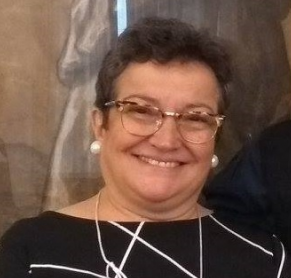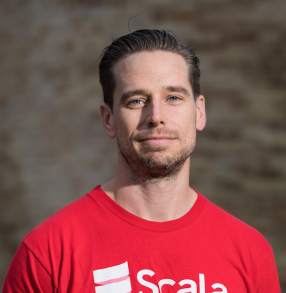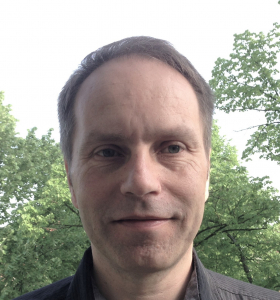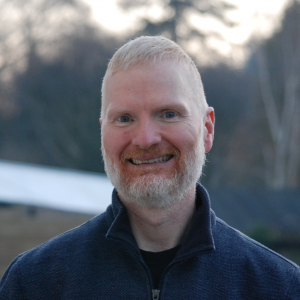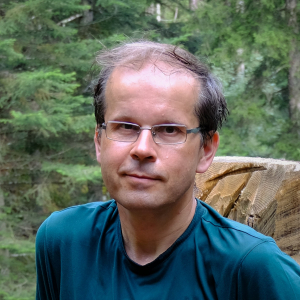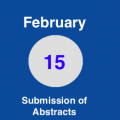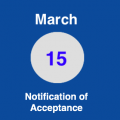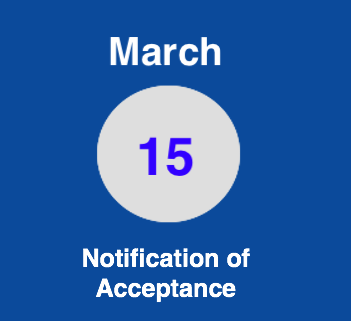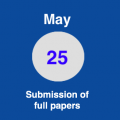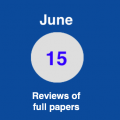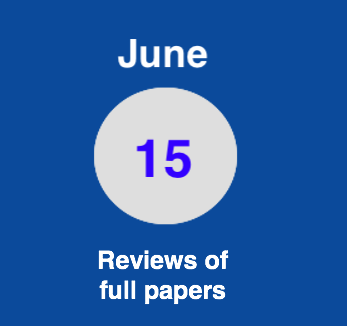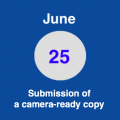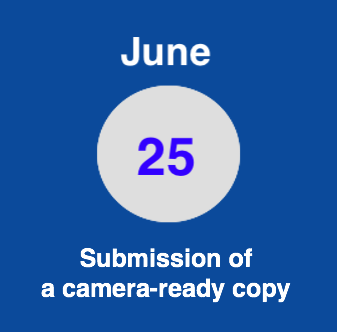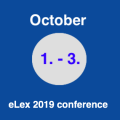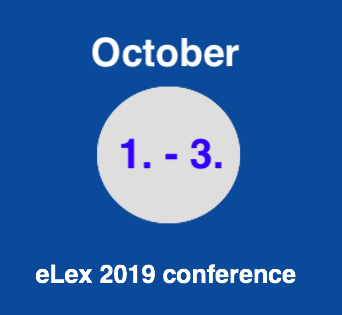electronic Lexicography: Smart Lexicography (eLex2019)
- Date
- 1. – 3.10.2019
- Location
- Vila Galé Hotel
Sintra, Portugal
ELEXIS is co-organising the 6th biennial conference on electronic lexicography, eLex 2019: Smart Lexicography.
Language of the conference: English
Early bird registration has begun and lasts until June 30th 2019.
The conference aims to investigate different aspects of what we named “smart lexicography”:
In the last decade, the use of mobile devices such as smartphones has increased considerably. Yet many dictionaries are still not adapted suitably for these digital formats, which is worrying considering that the majority of users uses mobile devices on a daily basis (as shown also by the recent European survey on dictionary use). How can this situation be improved? What are (some of) the main difficulties faced by dictionary makers?
Conference workshops: Suggestions for pre- or post-conference workshops are very welcome!
You are invited to submit an abstract to the workshop
“Collocations in Lexicography: existing solutions and future challenges”,
which will be held in conjuction with eLex 2019 in Sintra, Portugal, on 30 September 2019.
The workshop is organised by Iztok Kosem and Polona Gantar, and supported by the Slovenian Research Agency and ELEXIS.
Detailed information about the workshop:
KEYNOTE SPEAKERS
MARGARITA CORREIA
CELGA-ILTEC, University of Coimbra / University of Lisbon
Margarita Correia has a PhD in Portuguese Linguistics from the University of Lisbon, and a Post-Doc in Computational Lexicography at the Federal University of São Carlos (UFSCar – Brazil). She has been a professor at the Department of General and Romance Languages of the Faculty of Letters of the University of Lisbon since 1990, where she has taught several courses (including Lexicology, Lexicography and Terminology) at undergraduate and graduate levels.
She is a member of the Direction Board of the Centre for General and Applied Linguistics Studies (CELGA-ILTEC, University of Coimbra), where she coordinates the research group Lexicon and Computational Modeling.
She works mainly in Applied Linguistics, with a focus on Lexicography, Terminology, Neology and Language Policy. With José Pedro Ferreira, she directed the projects VOP – Vocabulário Ortográfico do Português [the Spelling Dictionary of Portuguese] (1st and 2nd edition) and Lince – Conversor para a Nova Ortografia [Spelling Converter] (2010), which are official instruments for the implementation of the 1990 spelling reform in Portugal. With José Pedro Ferreira and Gladis Maria de Barcellos Almeida, she coordinated the VOC – Vocabulário Ortográfico Comum da Língua Portuguesa [the Common Spelling Dictionary of the Portuguese Language, Ferreira, Correia, & Almeida (Orgs.) 2017)], under the supervision of the Instituto Internacional da Língua Portuguesa (IILP) [International Institute of the Portuguese Language]. Since 2018, she is the president of the Scientific Board of the IILP.
http://www.degois.pt/visualizador/curriculum.jsp?key=0905698397503660
MATT KOHL
GeoPhy
Matt Kohl began his career at the Oxford English Dictionary (http://www.oed.com/). He then continued working at the Oxford University Press in the field of language technology, where he lead the development of LEAP (Lexical Engine and Platform), a platform to store, optimise and deliver lexical data for projects such as Oxford Global Languages. This work also laid foundations for the Oxford dictionaries API program. He has since transitioned into software and knowledge engineering, and is currently helping to build out the data architecture at GeoPhy (https://geophy.com/) . Matt is the creator of The Right Rhymes (https://therightrhymes.com/), a hip-hop dictionary based on rap lyrics. He lives and works in London.
Matt Kohl is the winner of the Adam Kilgarriff Prize.
ALEXANDER GEYKEN
Berlin-Brandenburg Academy of Sciences and the Humanities
Alexander Geyken works at the Berlin-Brandenburg Academy of Sciences and the Humanities (BBAW) since 1999 where he directs the long-term research project “Digital Dictionary of the German Language” (DWDS) as well as the Berlin part of the “Zentrum für digitale Lexikographie der deutschen Sprache” (ZDL). He received his Ph.D. in “Computational Linguistics” at the University of Munich in 1998, and obtained his habilitation (post-doctoral degree) in 2017 in the field of “Linguistics” at the University of Potsdam, where also holds a teaching position since May 2018. His main research interests are computational lexicography, corpus linguistics as well as the use of syntactic and semantic resources for the mining of large textual data.
DAVID BAINES
SIL International
David Baines began working with SIL in the Philippines in 2000 and later worked with SIL in Chad. He joined the Language Software Development department of SIL International in 2007 as a software tester for FieldWorks. Many of his roles at SIL have included liaison between linguists and developers. For the past couple of years he has been importing dictionaries from Shoebox/Toolbox into FieldWorks prior to publication on Webonary and as mobile apps. Part of his current role is to design interactions between translators’ software and FieldWorks so that the translators can make the fullest use of linguistic data. He has a particular interest in finding beneficial partnerships between SIL and other individuals or organisations and has encouraged SIL International to apply for Observer status with ELEXIS.
MACIEJ PIASECKI
Wroclaw University of Technology
Maciej Piasecki is an Assistant Professor at the Wroclaw University of Science and Technology (Department of Computational Intelligence, Faculty of Computer Science and Management), Poland, the Polish National Coordinator of CLARIN (clarin.eu) (European language technology research infrastructure), the Chair of CLARIN ERIC National Coordinators Forum (since 04.2018) and the coordinator of CLARIN-PL (clarin-pl.eu) (Polish consortium, a part of CLARIN). He is the leader of G4.19 Research Group: Computational Linguistics and Language Technology (nlp.pwr.edu.pl) – one of the largest Polish research teams in these areas. The main mission of G4.19 is development of open robust language technology for Polish, both in monolingual and bilingual setting.
Since 2008 he has been or is a coordinator of 14 large projects or their work packages (national and funded from EU structural funds, including 3 projects in cooperation with companies) on language technology and its different applications . He is also a member of the DARIAH-PL Board (dariah.pl) and Global WordNet Association Board.
His main research areas include Computational Linguistics, Natural Language Engineering and Human Language Technology. The main research topics are: automated extraction of the lexico-semantic knowledge from text, semi-automated wordnet expansion, Distributional Semantics, relational lexical semantics and shallow semantic processing of text. He has also been working on morpho-syntactic processing of Polish (a co-author of the first publicly available morpho-syntactic tagger of Polish, with many applications), Information Extraction, Question Answering, Formal Semantics and Machine Translation. He has been the leader of the Polish wordnet project: plWordNet (plwordnet.pwr.edu.pl) – the largest language resource of this type in the world.


